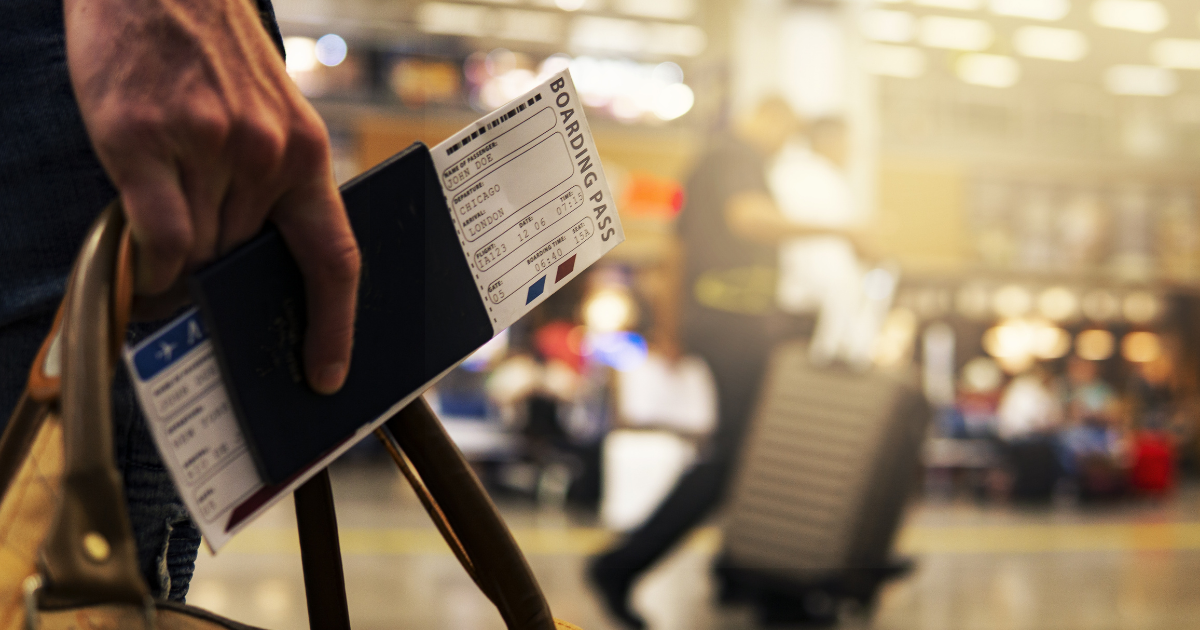
Recently, we’ve been discussing the changes we’re seeing in travel, transport & hospitality due to COVID. Daily news bulletins report company closures, cost cutting and acts of survival, but we maintain a ‘glass half full’ attitude. We want to offer the industry an optimistic message for the future of travel, helping companies see hidden opportunities.
Our focus is on how the industry will turn around. Aviation leads the way in terms of adapting quickly to cope in a crisis. Black Box Thinking by Matthew Syed advises all companies to follow the way we learn from prior mistakes in aviation. Travel, transport and hospitality need to work more closely than ever to enable change and remain successful.
A travel ecosystem
As we know, a big part of our industry relies on the actions of our governments. Governments in turn rely on us, and industry bodies, for advice on what actions to take. We need to look after our employees first and foremost. That means keeping them safe from harm, while ensuring they have some form of job security or – at the very least – some form of pay.
Assistance from governments and leading industry bodies needs to be swift, and focused. We need to ensure our messages are clear and that our employees are heard. We also need to be prepared to pivot our businesses to capitalise on any new opportunities for revenue, while being ready to leave behind the “old normal”. The future of travel needs to look different.
Travel is in our DNA
Humans have evolved to travel. Over time, we have spread across the world, relying on travel to see each other. We also still look to seek new experiences, so the leisure traveller will eventually return – and in abundance. We also discussed corporate travel in our webinar, which has perhaps been the hardest of the channels affected by COVID. But the value in face-to-face meetings has not been forgotten. Corporate travel too will return quickly, as soon as public health allows.
With all of these people around the world desperate to travel, the industry has a duty to remain open. That means rapidly repositioning travel to stay afloat. People want to feel safe and they increasingly want to travel sustainably. Effective marketing and communications will persuade travellers to spend their money with you. Flying to France for a fiver will likely never return. So focus on a luxury flight elsewhere, focusing on offsetting carbon emissions and offering high quality food and drink onboard. Travellers preferring low-cost options will choose other forms of travel, or save up for a special treat once every few years.
By planning ahead and collaborating with companies in travel, transport and hospitality, the industry will survive the downturn and thrive as soon as opportunities arise.
Increase consumer confidence
Ultimately, like all economic crises in a capitalist society, the future of travel depends on consumer confidence. But unlike other global crises we’ve seen, the pandemic has knocked consumer confidence even harder. Part of this is due to myths abounding about coronavirus. It is up to the travel industry to keep dispelling these myths. Teach people about the safety in air travel. Work with governments and the media to help promote your message. Continue to collaborate across the travel and hospitality sectors. People won’t book hotels abroad if they don’t have the means to get there – and they won’t travel there in the first place if there’s no accommodation.
As Salesforce specialists, we always bring things back to infrastructure. If you can easily communicate with your customers and employees, and you’re able to quickly respond to consumer demand, you will be in a position to thrive. 2020 has certainly set a new level in terms of challenges for travel and hospitality on the whole. But look for the success stories through the doom and gloom. Shout about them and remind the customers that people have continued to travel safely, even through the worst of the pandemic.
The future of travel
Overseas travel will return but it will look different. After 9/11, the whole process of boarding a plane with liquids became a logistical nightmare for passengers and everyone involved in aviation alike. But it didn’t stop people from travelling. People got used to it. People will get used to travelling with masks, cleaning their hands more frequently and taking temperature checks. What people like is a form of ‘normal’. They want to be as safe and comfortable as possible. The sooner the industry succeeds in rebuilding consumer confidence, the sooner the industry will recover.
Contact Us
Let's talk!
We're ready to help turn your biggest challenges into your biggest advantages.
Searching for a new career?
View job openings